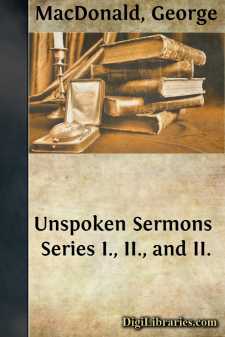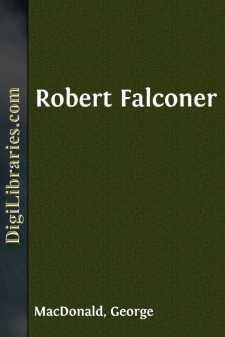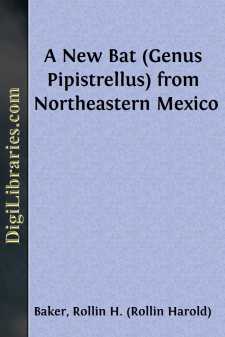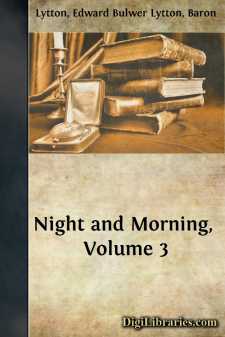Categories
- Antiques & Collectibles 13
- Architecture 36
- Art 48
- Bibles 22
- Biography & Autobiography 813
- Body, Mind & Spirit 138
- Business & Economics 28
- Children's Books 12
- Children's Fiction 9
- Computers 4
- Cooking 94
- Crafts & Hobbies 4
- Drama 346
- Education 46
- Family & Relationships 57
- Fiction 11821
- Games 19
- Gardening 17
- Health & Fitness 34
- History 1377
- House & Home 1
- Humor 147
- Juvenile Fiction 1873
- Juvenile Nonfiction 202
- Language Arts & Disciplines 88
- Law 16
- Literary Collections 686
- Literary Criticism 179
- Mathematics 13
- Medical 41
- Music 40
- Nature 179
- Non-Classifiable 1768
- Performing Arts 7
- Periodicals 1453
- Philosophy 64
- Photography 2
- Poetry 896
- Political Science 203
- Psychology 42
- Reference 154
- Religion 505
- Science 126
- Self-Help 81
- Social Science 81
- Sports & Recreation 34
- Study Aids 3
- Technology & Engineering 59
- Transportation 23
- Travel 463
- True Crime 29
Unspoken Sermons Series I., II., and II.
by: George MacDonald
Description:
Excerpt
THE CHILD IN THE MIDST.
And he came to Capernaum: and, being in the house, he asked them, What was it that ye disputed among yourselves by the way? But they held their peace: for by the way they had disputed among themselves who should be the greatest. And he sat down, and called the twelve, and saith unto them, If any man desire to be first, the same shall be last of all, and servant of all. And he took a child, and set him in the midst of them: and when he had taken him in his arms, he said unto them, Whosoever shall receive one of such children in my name, receiveth me; and whosoever shall receive me, receiveth not me, but him that sent me.——MARK ix. 33-37.
Of this passage in the life of our Lord, the account given by St Mark is the more complete. But it may be enriched and its lesson rendered yet more evident from the record of St Matthew.
"Verily I say unto you, Except ye be converted, and become as little children, ye shall not enter into the kingdom of heaven. Whosoever shall humble himself as this little child, the same is greatest in the kingdom of heaven. And whoso shall receive one such little child in my name receiveth me. But whoso shall offend one of these little ones that believe in me, it were better for him that a millstone were hanged about his neck, and that he were drowned in the depth of the sea."
These passages record a lesson our Lord gave his disciples against ambition, against emulation. It is not for the sake of setting forth this lesson that I write about these words of our Lord, but for the sake of a truth, a revelation about God, in which his great argument reaches its height.
He took a little child—possibly a child of Peter; for St Mark says that the incident fell at Capernaum, and "in the house,"—a child therefore with some of the characteristics of Peter, whose very faults were those of a childish nature. We might expect the child of such a father to possess the childlike countenance and bearing essential to the conveyance of the lesson which I now desire to set forth as contained in the passage.
For it must be confessed that there are children who are not childlike. One of the saddest and not least common sights in the world is the face of a child whose mind is so brimful of worldly wisdom that the human childishness has vanished from it, as well as the divine childlikeness. For the childlike is the divine, and the very word "marshals me the way that I was going." But I must delay my ascent to the final argument in order to remove a possible difficulty, which, in turning us towards one of the grandest truths, turns us away from the truth which the Lord had in view here.
The difficulty is this: Is it like the Son of man to pick out the beautiful child, and leave the common child unnoticed? What thank would he have in that? Do not even the publicans as much as that? And do not our hearts revolt against the thought of it? Shall the mother's heart cleave closest to the deformed of her little ones? and shall "Christ as we believe him" choose according to the sight of the eye?...






















